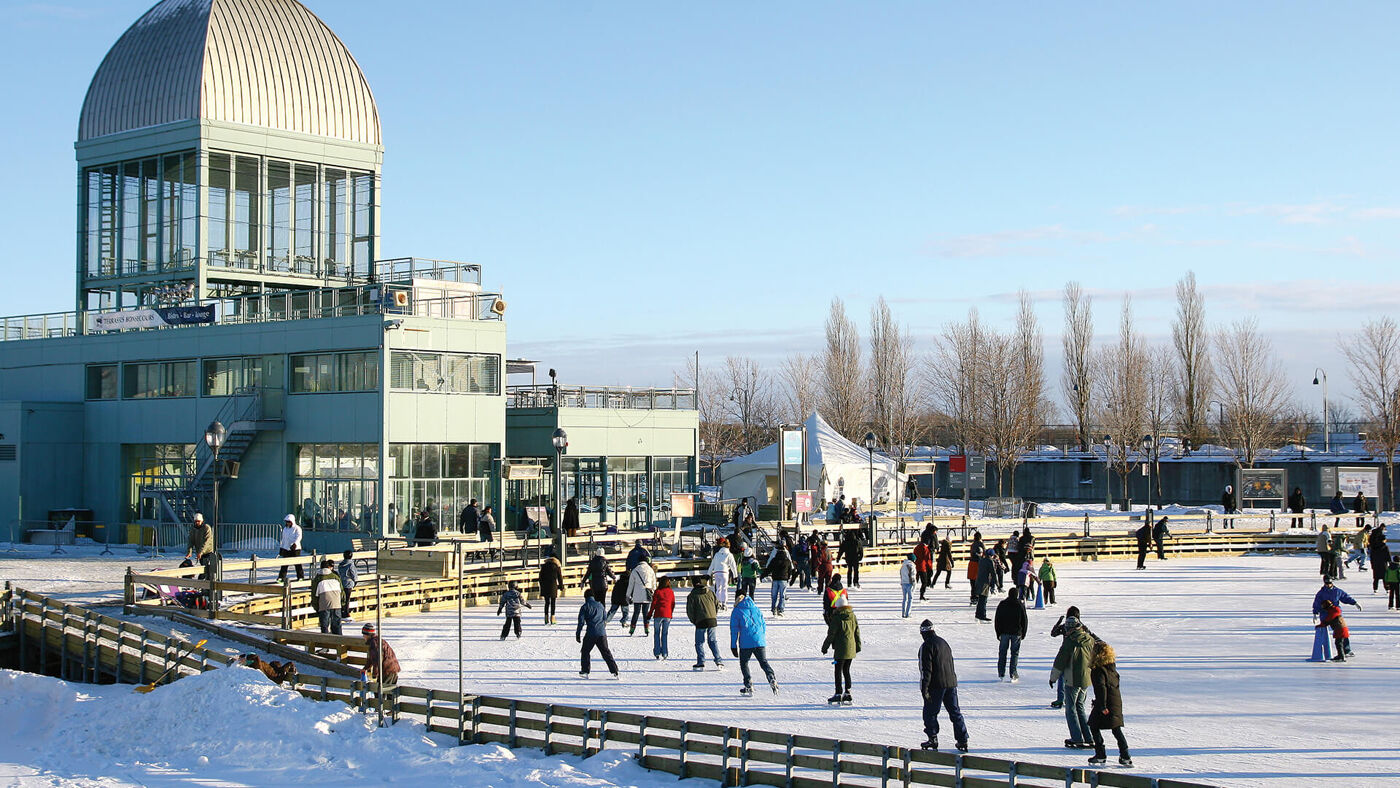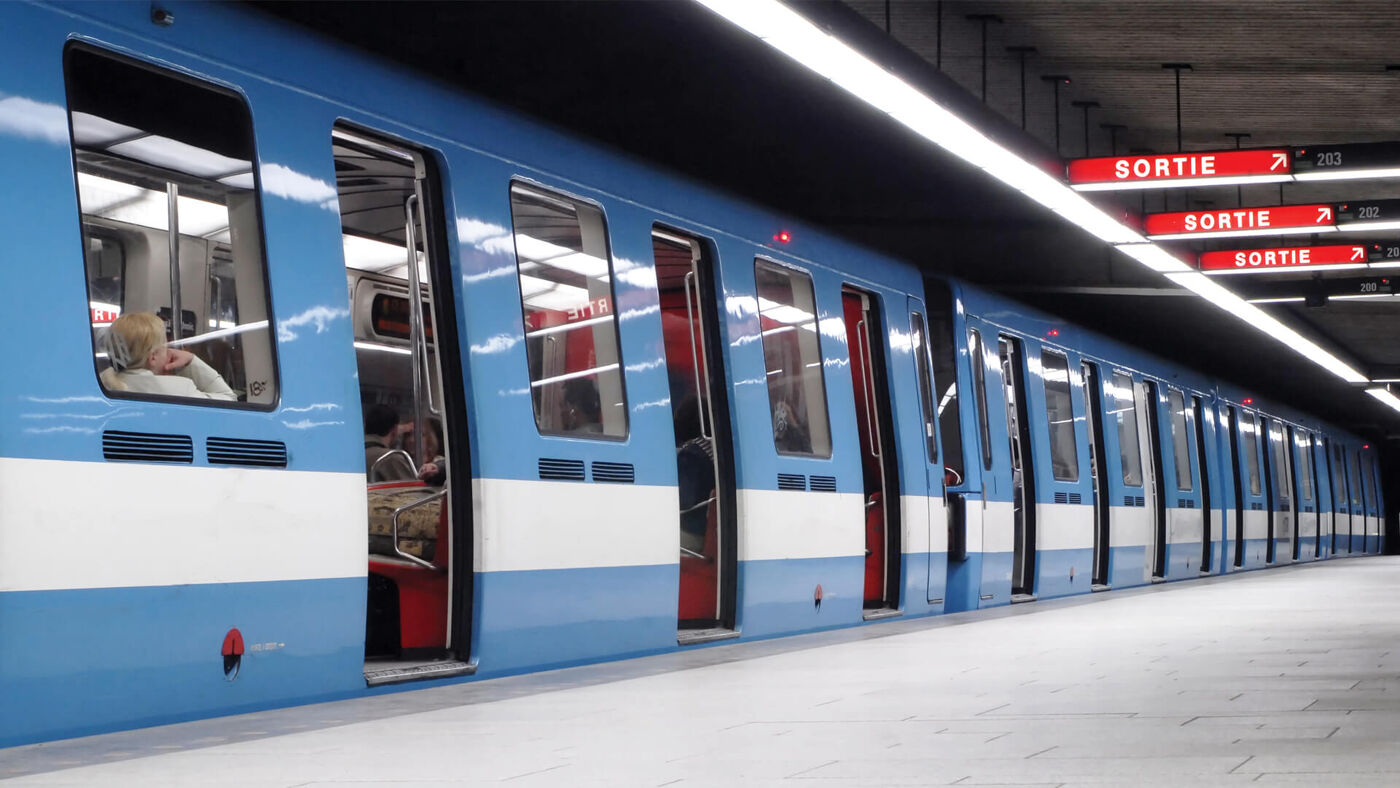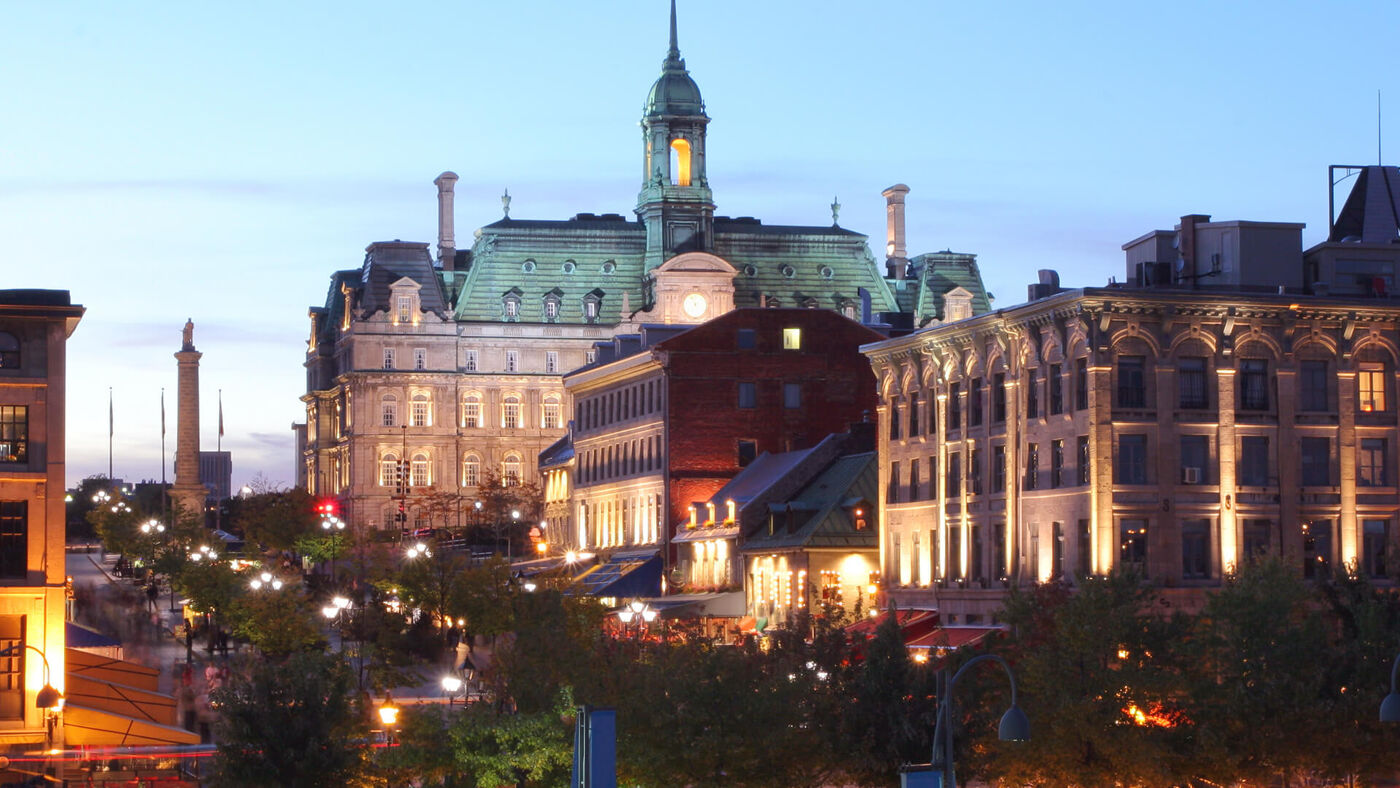Living in Montréal
A city of art and culture
Being a city of festivals, ethnic diversity and European flair, students have noticed that streets are safe day and night and that the community at large cares about the environment. The Montreal campus is strategically situated in a nexus of art and culture where students are exposed to fresh perspectives and engage in cultural exchanges daily. From access to public transport to a wide selection of housing and off-campus job opportunities, many students find it easy to adapt to the Montreal lifestyle.
Discovering an island
It is said that Montreal was inhabited for 2000 years by nomadic Aboriginals before the French explorer Jacques Cartier discovered the island in 1535. Nearly 500 years later, 1 900 000 people live on the island.
Economy in the port city
Montreal is the headquarters for many Canadian transnationals such as Aldo, Cirque du Soleil, Bombardier and Le Château. Students who study at the Montreal campus benefit from the commercial activity that goes on in the city. From an economic perspective, Montreal is an international financial and banking centre renowned for its manufacturing sector and its expertise in high technology. The city also harbors the largest inland port in the world making it a key gateway for transatlantic cargo.
Cost of living
Montreal is a city where you can live comfortably with a reasonable revenu. The cost of living is relatively lower than other cosmopolitan cities.
Montreal climate

Montreal is known for having four completely distinct seasons, each with their own set of activities to keep a student’s life full of opportunities. Staying connected with the movements of the city’s population helps international students understand the Canadian economy and meet new people in various industries.
Montreal, a green city
Many Quebecois are sensitive to environmental causes. Recycling is practiced in most boroughs and fees may be charged if city-dwellers throw away recyclable material. Montrealers like cleanliness. Caring for the environment is a sign of respect for the city and its inhabitants.
Bilingualism
French is Quebec’s official language, but in Montreal, the city is for the most part, fully bilingual. In fact, 50% of Montrealers speak both languages fluently.
Getting around

Life in Montreal
